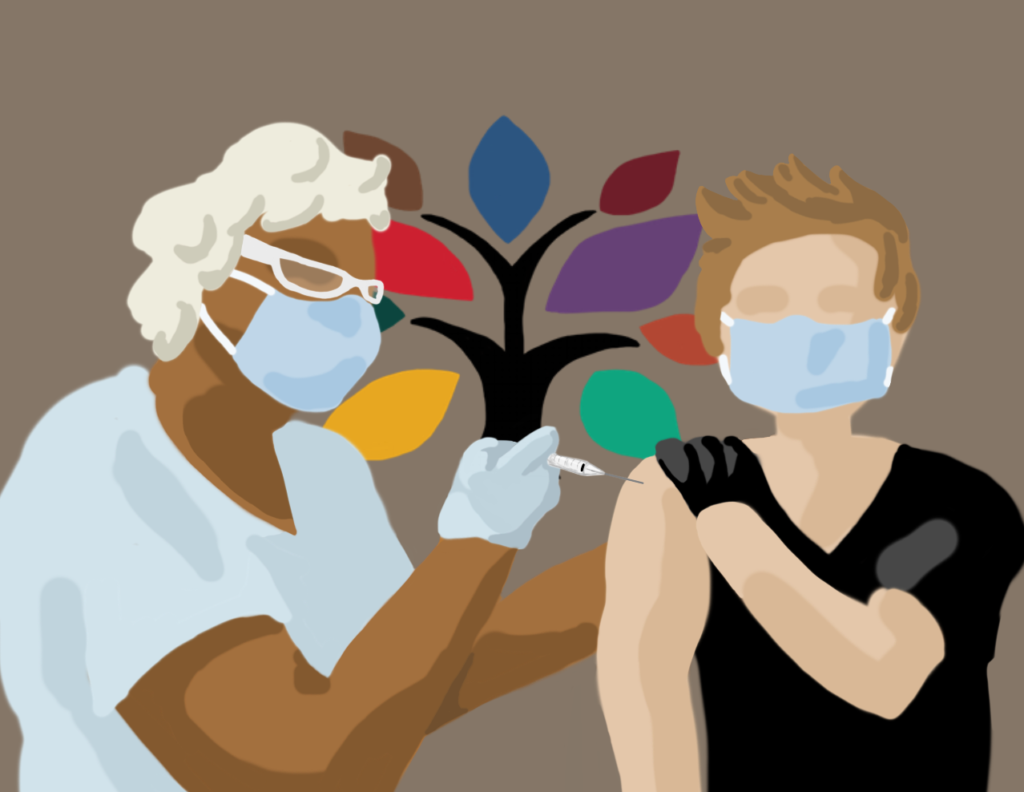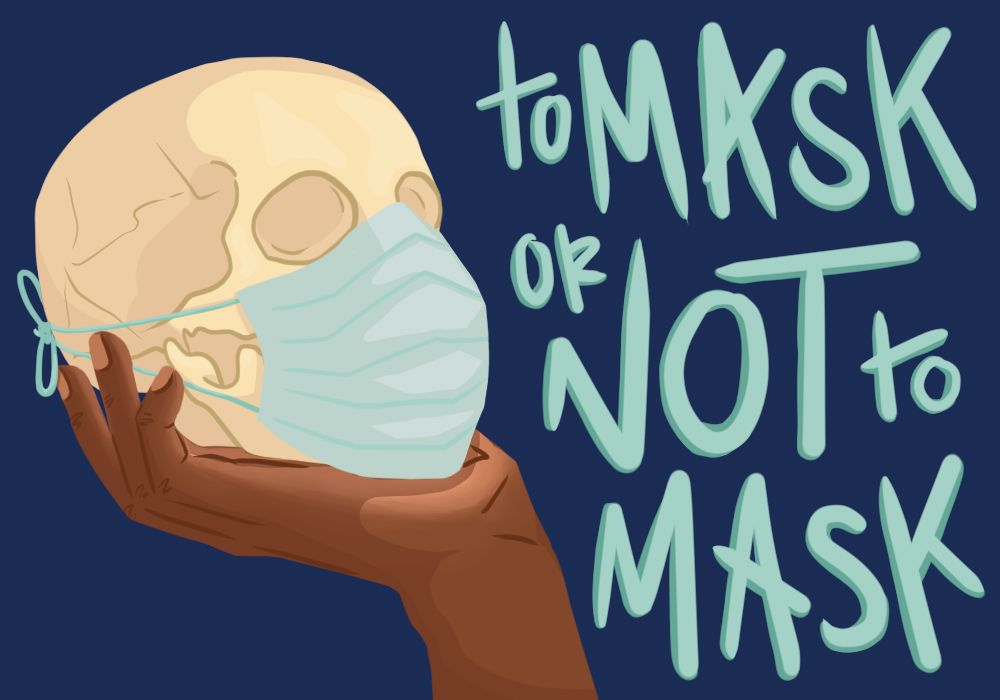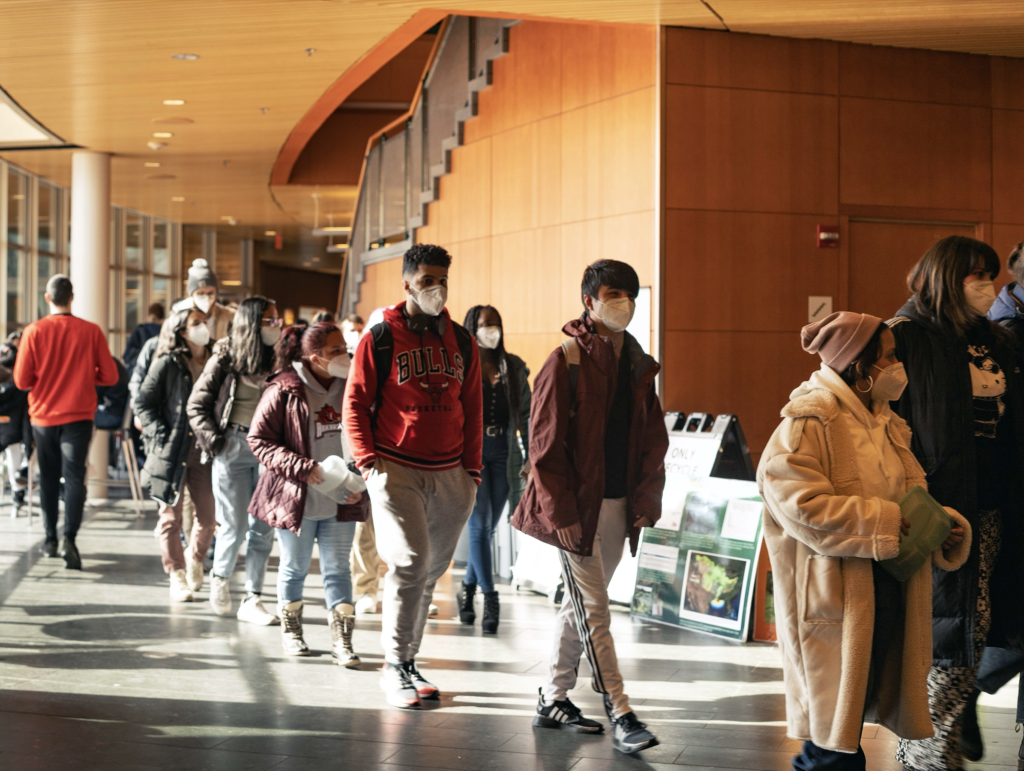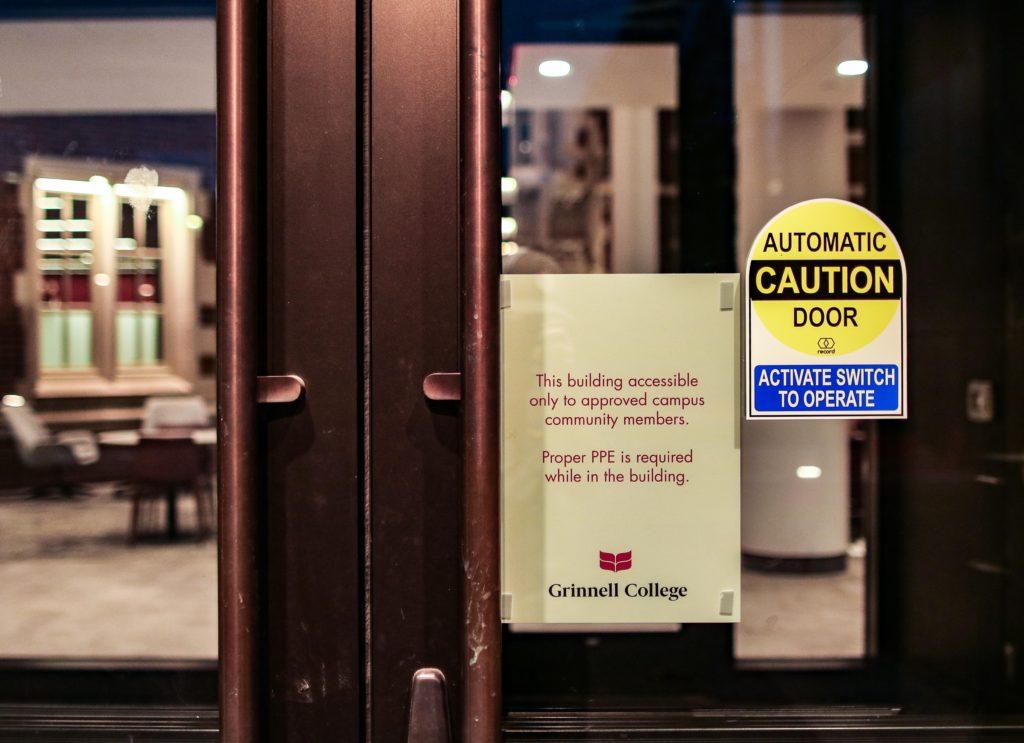In response to the financial strains on individuals and families caused by the COVID-19 pandemic and in light of promising projections for the future of the endowment, Grinnell College financial aid packages will no longer expect students to take out loans. Instead, the College is increasing scholarships to cover the portion of tuition that would have been paid by a College loan. President Anne Harris announced the change, which is anticipated to cost $5 million a year, in an email on Nov. 17.
The money for the additional scholarships will come from returns on the College’s endowment, based on a five-year projection of world markets which, despite the hardships faced by individuals, are thriving. “The Main Street economy and the Wall Street economy are kind of doing two different things,” Harris said. “We are taking advantage of the fact that the endowment is doing well.”
Harris emphasized the importance of the pandemic in the decision to go no-loan. “The pandemic just made the need to respond to what families were going through that much more up-front, that much more urgent,” she said.
The change doesn’t mean no one will graduate with student loans, since students can still pay a portion of what Grinnell considers the expected family contribution with loans taken out from federal lenders or the College’s Office of Financial Aid. But it does mean that no student should have to take out loans in order to graduate.
A Grinnell College financial aid package has several parts: there’s need- and/or merit-based aid in the form of grants, work/study, the expected family contribution (which is what the College expects families to pay based on the Federal Application for Student Aid) and then — at least until fall 2021 — loans.
In Spring 2020, Grinnell College spent over $10 million on what Harris calls a “mosaic” of programs to help students due to the pandemic: there was a technology initiative, a food and utility relief fund and of course the COVID-19 grant given to all students. “That’s how the no-loan [initiative] came to be,” Harris said. “All the money that was funneled into all these different things now gets put to taking loans out of the equation.”
“The Main Street economy and the Wall Street economy are kind of doing two different things. We are taking advantage of the fact that the endowment is doing well.” – Grinnell College President Anne Harris
“This incremental approach was necessary to meet immediate needs that emerged from the pandemic but with more time to plan, we realized that the no-loan initiative would address the burden most often felt and conveyed by students with need-based financial aid — debt,” said Joe Bagnoli, Dean of Enrollment and Financial Aid in an email to The S&B.
“We are very fortunate to have the College leadership and the resources to be able to continually do everything we can to make sure that the Grinnell experience is affordable and accessible for students who want to be here and for whom it’s the right place,” said David Maxwell, Chair of the Grinnell College Board of Trustees. “At the risk of sounding trite, this country needs more Grinnell alums.”
How did administration know that debt was a source of stress? Well, the Task Force on Student Financial Support and Success, established in March 2019, did surveys. And students advocated. “While I can’t point to specific advocacy for a no-loan program, there is a ton of advocacy for relieving financial stress,” Harris said. In the immediate aftermath of the student evacuation of campus due to COVID-19, alums gave students financial support by creating the Support Our Students (SOS) Fund, which went from an original $100,000 technology-related fundraising initiative to garner over $300,000 to support students.
“At the risk of sounding trite, this country needs more Grinnell alums.” – Chair of the Grinnell College Board of Trustees David Maxwell
Going loan-free will likely make Grinnell more attractive to prospective students. The College isn’t unique in making the change, but it now belongs to a small group of elite institutions, including several Ivy League universities, Amherst and Pomona Colleges, among others, that have done so.
The decision came out after the Nov. 1 Early Decision application deadline for Fall 2021 (for which, according to Harris, an increased number of students applied compared to last year), but prospective students can apply until Jan. 15.







































































